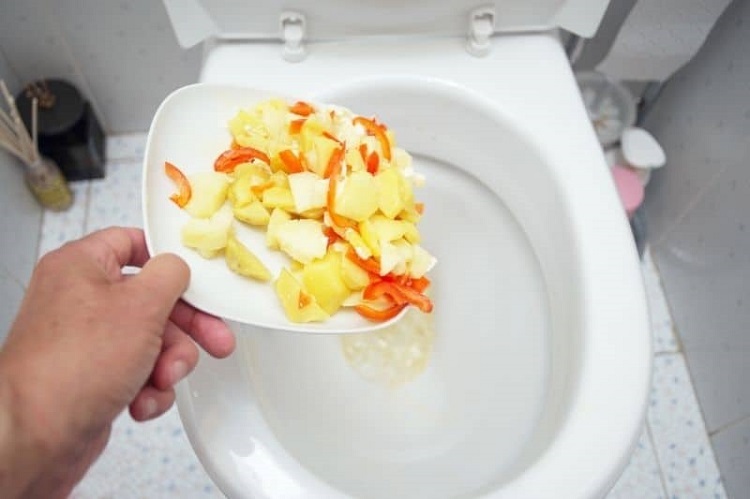If you ask any drainage contractor what most of their call-outs involve, they will probably say clearing drain blockages. So, ask yourself why are blocked drains in commercial or residential properties such a common occurrence. Well, the answer to that question is relatively easy to answer, it is because people routinely misuse their drainage systems. I can guarantee that hardly anyone thinks about the drains in their property until they start to malfunction leaving them with a bill for the repairs.
Now surely as with lots of things prevention is better than the cure, while it is impossible to prevent some blockages, for example when a tree root intrudes into your drains, it is safe to say that a lot of them can be easily avoided. Blocked drains in Chelmsford or anywhere else in the UK for that matter, often occur as a result of home or business owners pouring or flushing things down them that they shouldn’t. By taking care and a little more time in disposing of waste correctly you can avoid the inconvenience and cost associated with a blocked drain. So, for anyone who is unsure of what you should never pour down sinks and toilets we have put together a list of the top five things most likely to cause you problems.
Table of Contents
Cooking Fat and Grease
Putting fats, grease and oils down a sink is, without doubt, one of the worst things you can do. It may seem convenient to pour excess grease down the sink when you are doing the dishes, but this is the sort of shortcut that will invariably lead to problems. Instead of flowing through your system, fatty substances will cling to the sides of the pipes, and after time will cause them to become blocked. To avoid this happening you need to find a more suitable way to get rid of oils, fats and grease. Fats, oils and grease can be easily poured into tissue or newspaper then disposed of in the relevant recycling bin. Another thing you should do to keep your drains clear is run your hot taps on a regular basis and just allow the water to drain through your system, that will help stop any build-ups and keep your drains operating as they should.
Baby Wipes, Nappies and Sanitary Products
Under no circumstances should you ever flush baby wipes, nappies or any associated sanitary products down the toilet. The main reason for this is that the way they are manufactured means they will not disintegrate in water. In fact quite often the opposite usually happens, in that they swell up forming an obstruction that makes it virtually impossible for your wastewater to drain away properly. The result of this is that your toilet will probably overflow, which is not only inconvenient but also extremely unpleasant.
Food Waste
Food waste should never go down the drain even if you have a garbage disposal unit in your sink. It is far more sensible and much more ecologically to use a composting pile for any excess food. This is particularly important in the case of tea leaves and coffee grounds that will not break down when introduced into your drainage system. Obviously, any form of food waste that doesn’t break down will end up binding together and blocking your pipework.
Hair
Most people will routinely lose a small amount of hair when they shower or have a bath. Now subconsciously most people will generally just let this drain away down the plughole. However, this is undoubtedly the worst thing you can do. When flushed down the drainage system hair binds together resulting in pipework becoming blocked and damaged. Obviously, one way to avoid this is to ensure you remove any hair from your plughole after a shower or a bath but to be certain there are a number of devices available that can be fitted over your plughole that allow water to pass through while keeping hair out.
Soap
Now you may wonder how soap can cause a blockage in your pipes, surely it is supposed to just drain away easily. However traditional soap bars are actually made using fats and grease. Fats in soap will combine with the minerals in the water resulting in a hard residue which you know as soap scum that can clog up your drains.
Now, these are not the only things that block drains, and we can’t guarantee that if you do the things we suggest that your drains will never become blocked. However, what we do know is that they will significantly reduce the chances of it happening.










